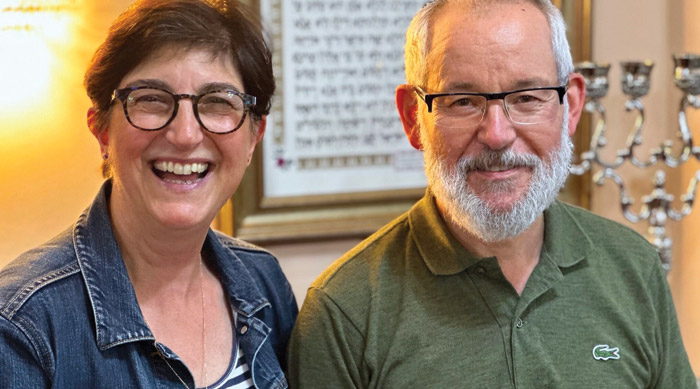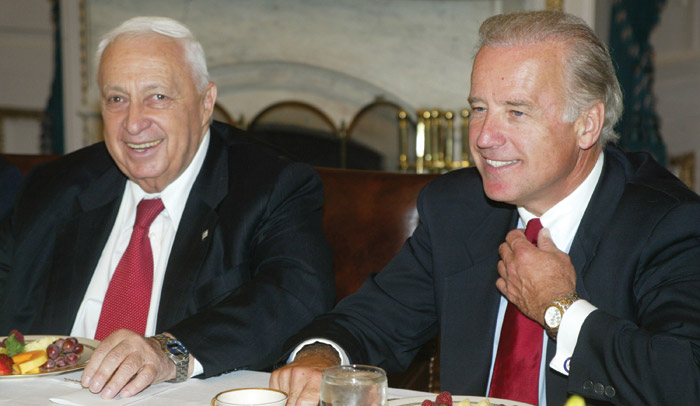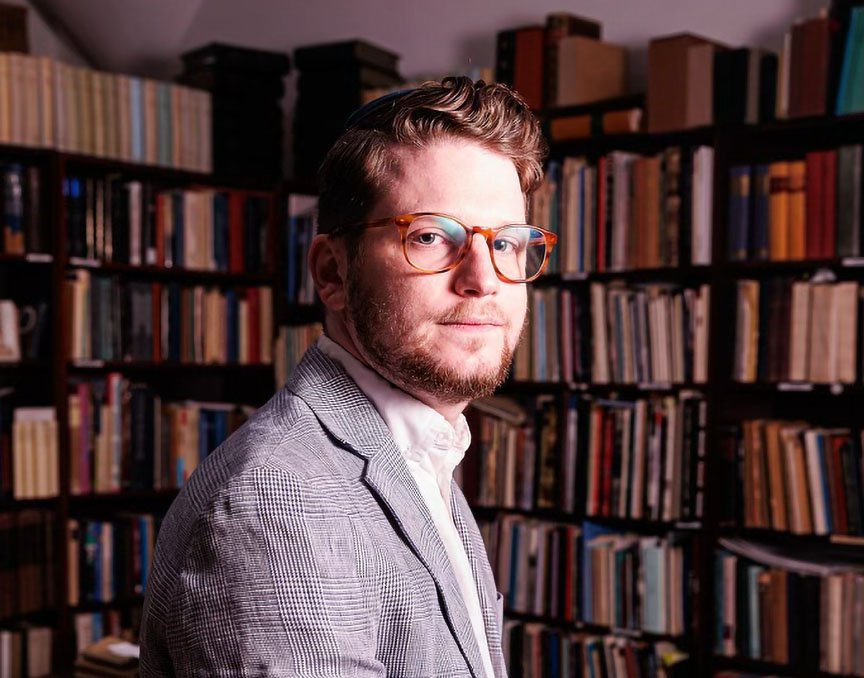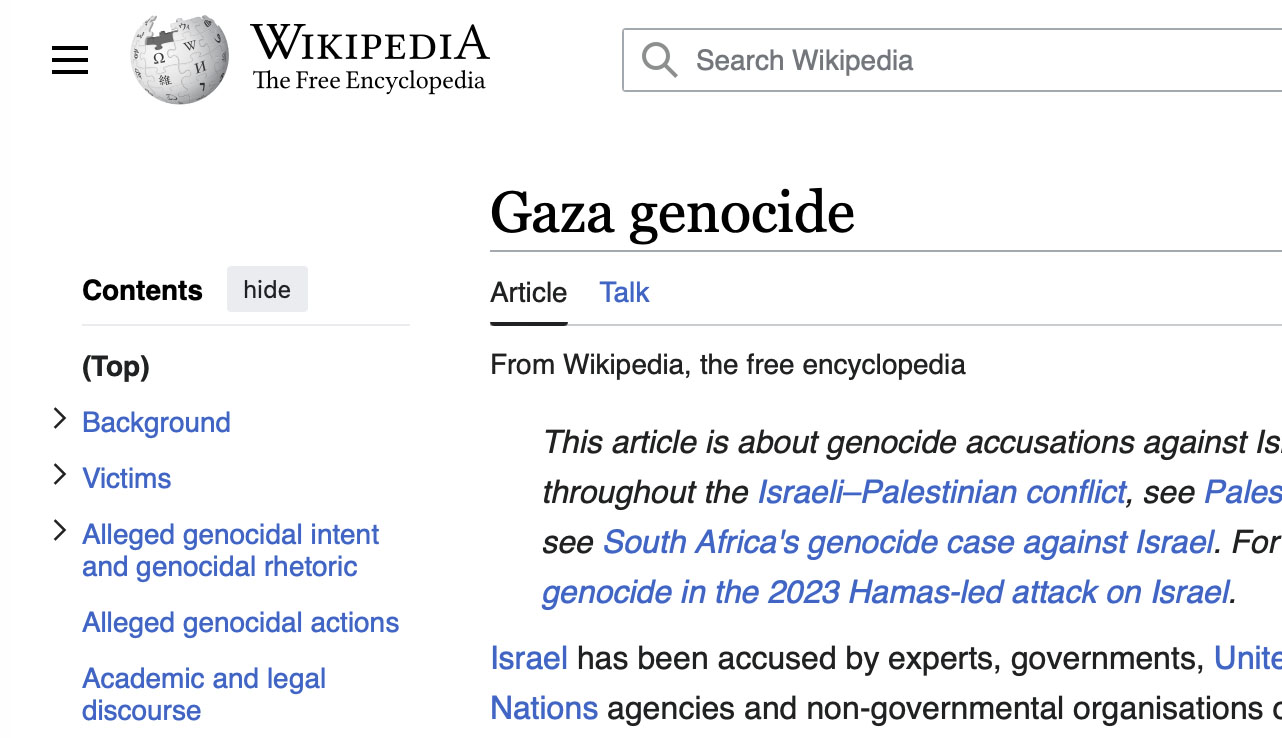 “Man of My Time” by Dalia Sofer
“Man of My Time” by Dalia Sofer We all know Jews have been part of the social fabric of Iran (formerly Persia) for millennia. After all, Queen Esther—assuming the woman who saved the Jews from evil Haman and gave us cause to wear flouncy princess dresses and tiaras and drink uninhibitedly every Purim actually existed—was living there back in the 5th century BCE. And unlike those who left or were expelled from Arab lands, many Iranian Jews stayed on well after the state of Israel was founded. That’s not to say there is a large Jewish population currently residing in Iran. The 1979 Islamic Revolution, unsurprisingly, caused an exodus; of 100,000 or so Jews living in Iran some forty-ish years ago, now less than 10% remain. Still, the eight or ten thousand Jews who didn’t relocate to Beverly Hills or Toronto comprise a not insignificant community. But why, you might ask, would they have stayed?
Dalia Sofer’s new novel, “Man of My Time,” answers this question in small part. It should be noted that the novel is almost exclusively concerned with a (nominally) Muslim family, not a Jewish one. This is a departure for Sofer. Her first novel, “Septembers of Shiraz,” revolves around a Jewish family, Isaac and Farnaz Amin, and their children, Shirin and Parviz, who suffer the repercussions of the revolution in various ways: as a prisoner, the wife and daughter of a prisoner, a son in exile. It paints a bleak picture of life for Jews after the Revolution, one in which Jews have become suspect for simply having relatives in Israel or making too much money; throughout, Isaac insists to the Revolutionary Guards that he was not a Zionist spy, but he lacks the means to prove his innocence. The 2015 film version, starring Salma Hayek as Farnaz and Adrian Brody as Isaac, consists primarily of closeups of Brody’s face, the camera revelling in its ability to express misery in myriad ways. At the conclusion of Sofer’s first book, the Jewish family sees no way to stay: escape from Iran, at any cost, is the only option.
“Man of My Time” is a different beast. The chief distinction between the two novels, published thirteen years apart, is the position of the main character, Hamid Mozaffarian—the “Man”—an idealist dedicated to the revolution. If “The Septembers of Shiraz” is concerned with victims, “Man of My Time” is more interested in perpetrators.
Minoo is always two steps ahead of our benighted narrator, reading and thinking deeply, while Hamid is at best “a tourist of revolutionary thought,” allowing himself to be a pawn in the hands of various ambitious figures, a man without a moral compass.
Here, only one character is Jewish: Minoo Levy. Minoo is Hamid’s girlfriend in his early years. She, like Hamid, is an idealist. She’s also a smart, spunky character. When Hamid says, magnanimously, “Your people have their esteemed place. You are, after all, Esther’s children!” Minoo replies, “Yes, that’s our claim to fame. Esther. The beautiful slave who became queen and saved her people. That story legitimizes us as a museum validates relics.” Determined not to be a passive (or dead) relic but rather a valiant and vibrant activist, Minoo joins the National Front, denounces “westoxification,” advocates the liberal democracy she believes a revolution will make possible, and joins Hamid to create political graffiti, writing slogans to accompany his drawings. Minoo is always two steps ahead of our benighted narrator, reading and thinking deeply, while Hamid is at best “a tourist of revolutionary thought,” allowing himself to be a pawn in the hands of various ambitious figures, a man without a moral compass.
Hamid’s family flees Revolutionary Iran, along with hundreds of thousands of other Iranians. Hamid stays; so does Minoo. Hamid finds Minoo’s choice to remain in Iran odd—as might a reader. She explains, “I stayed because two thirds of the Jewish population has left. And if everyone leaves, then what? We’ve been here two thousand years. Someone must persevere until things settle down.” Long after Minoo disappears from the narrative, her words, and her ghostly presence persevering, still linger. What did and does it mean for Jews to persevere in Iran?
Reading on, I kept hoping for the return of Minoo. Minoo, I wondered, what did you achieve by staying? In Minoo, Sofer, a Jew who left Iran as a child, imagines an alternate destiny. But she doesn’t imagine it fully, at least not for the reader. Still, we know that Minoo represents thousands: Iran is home to the largest Jewish population in the Middle East outside of Israel. Five seats in the Iranian parliament are reserved for non-Muslims; Homayoun Sameh Yeh Najafabadi currently holds the Jewish seat. Thanks in small part to the existence and perseverance of the Jewish community, religious minorities in Iran are mostly allowed to live and worship in peace. It’s easy to accuse those who remained of legitimizing the regime (a regime that is both repressive and very hostile to Israel), but we must recognize that they have also played an important role, safekeeping significant sites of Jewish heritage—and perhaps also saving Iran from becoming an absolute Islamic theocracy.
Sofer is a clever writer, and “Man of My Time” is a fast-paced novel, the historical backdrop informative without getting in the way of the story. Hamid’s downward spiral is utterly predictable and yet fascinating to observe. In fact, despite the horrors Sofer chronicles, there is an almost voyeuristic pleasure one takes in reading about Hamid’s terrible choices and the impact they have. As for whether this villainous character ultimately redeems himself—to find out, you’ll have to read the book!
Karen E. H. Skinazi, Ph.D, is a senior lecturer and the director of Liberal Arts at the University of Bristol (UK) and the author of Women of Valor: Orthodox Jewish Troll Fighters, Crime Writers, and Rock Stars in Contemporary Literature and Culture.






















 More news and opinions than at a Shabbat dinner, right in your inbox.
More news and opinions than at a Shabbat dinner, right in your inbox.